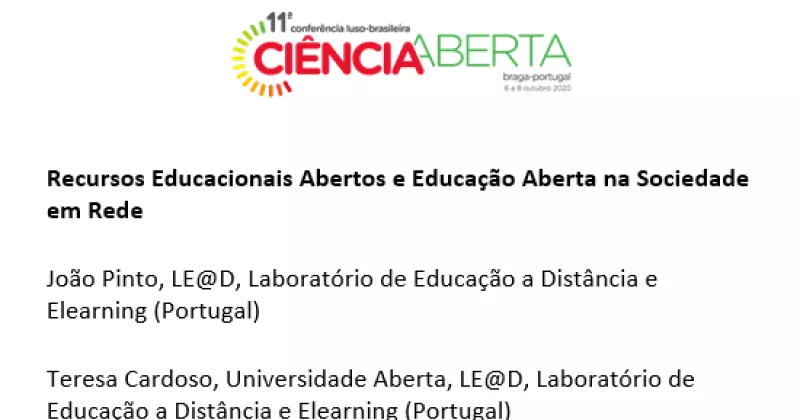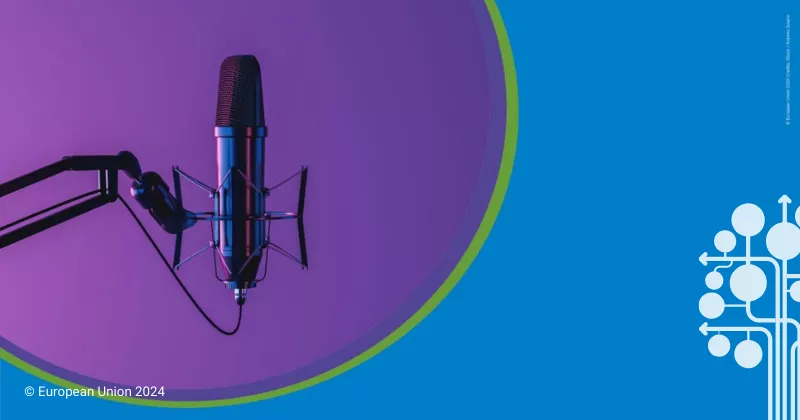Enhancing Accessibility in Lifelong Learning
Insights from Christine Mifsud
Imagine navigating a labyrinth without a map; that's what learning can feel like for individuals with disabilities. Every turn represents a new challenge: narrow corridors without direction, digital platforms that speak in a language their devices can’t understand, and course materials that seem to be written in hieroglyphs. It's not just about accessing the building or the website; it's about accessing the very essence of education. For many, the simplest tasks can become great efforts, and the joy of learning is overshadowed by frustration.
This is precisely what the Directorate for Lifelong Learning and Employability is working to overcome, hand in hand with the Commission for the Rights of Persons with Disabilities (CRPD). In their continuous effort to promote inclusivity in education, both entities are working closely to ensure that new courses are accessible to everyone. In fact, one of the main aims of the Lifelong Learning Directorate’s strategy is to improve educational opportunities for low-skilled and low-qualified adults who are at higher risk of unemployment, poverty, and social exclusion.
Christine Mifsud, Manager of Disability Equality Training (DET) at the CRPD, provides valuable insights into the importance and implementation of accessibility in lifelong learning. "The most important aspect when offering a course is ensuring that the information provided is accessible at every level," Christine Mifsud explains. "It's not just about the physical environment but also about how information is delivered and accessed online."
Ensuring physical accessibility is the first step. "The centre or Council where the course is held must have ramps, lifts, and accessible parking," Christine emphasizes. However, accessibility extends beyond physical structures to include the digital delivery of content. Online interaction must cater to different needs, within the parameters of common sense.

"For instance, someone like me who is visually impaired, wouldn't join a welding course for safety reasons," Christine notes. "But for other courses, we must ensure that the content is accessible through means such as screen readers and other accessible formats."
To achieve this, CRPD initiated intensive Equality Training for course coordinators. "We started with the basics—understanding disabilities, knowing local statistics, using the right etiquette when interacting with persons with disability, and the legal frameworks that protect individuals needing access," Christine explains. This training ensures that coordinators are well-versed in creating inclusive environments and content.
"We also stress the importance of accessible websites and mobile apps, particularly in public sectors, in conformity with the European Web Accessibility Directive," Christine continues. "This aligns with the European Accessibility Act to be passed in June 2025, which mandates that essential products and services be accessible."
Creating an inclusive learning environment involves more than just physical and digital accessibility. It requires considering the unique needs of learners. "For someone with autism, for instance, a conducive learning environment, known as Autism Friendly Spaces, might include light colours on walls, reduced lighting, and controlled sound," Christine says. "These adjustments can significantly enhance concentration."
Effective communication is another crucial aspect. "If we're showing a video, we need to provide descriptive audio for visually impaired individuals," Christine explains. "Or if there's a presentation with a lot of writing, it should be made accessible through screen readers. Captions and videos with Sign Language are crucial for persons who are deaf to receive information."
Access to information is vital, and Christine highlights the importance of making material easy to read. "Large documents can be overwhelming," she notes. "Simplifying them into key points, using simple words, shorter sentences and large fonts can help those with cognitive and intellectual impairments." Images also play a crucial role in enhancing comprehension. "Visual aids can be incredibly helpful," Christine adds.
CRPD is actively promoting the concept of Easy Language, which includes easy to read, write and comprehend. "We're currently developing guidelines to help create this type of material through an EU Funded Project called EASE with other European Partners," Christine says. "In January, we're inviting Lifelong Learning to participate in this Project’s train the trainer workshops. This will enable their staff to, be trained and begin implementing these guidelines."
This kind of collaboration is key to success in this initiative. "We work hand in hand with professionals like Education Officer Mandy Mifsud," Christine highlights. "Having strong networking relationships ensures the system works efficiently. When you have this type of relationship, you're happy with the progress because ultimately, we are working for the public."
Many courses have been made more accessible, not only in terms of physical attendance but also in content adaptation. "This allows individuals with disabilities to participate independently," Christine explains. "Accessible courses enhance their CVs and provide valuable opportunities for socialisation."
As part of this collaboration, Ms. Mandy Mifsud is training the Disability Equality Training team in public speaking skills and presentation techniques to enhance their overall delivery methods during client sessions. This partnership has been mutually beneficial, as Ms. Mifsud has gained firsthand experience training individuals with various disabilities, each requiring different adaptations. The primary goal of this training is to help all team members realize their full potential and actively participate, both individually and as a team, throughout the course.
Christine stresses that removing barriers to education is empowering. "Accessible courses help people who may be discouraged by extensive writing or traditional methods of learning. Meeting people and socializing also play a crucial role in personal development."
Christine's insights emphasise the importance of continuous improvement in accessibility. "By addressing both the physical and informational needs of learners with disabilities, we create a more equitable and supportive educational landscape," she concludes.
The efforts of the CRPD and the Directorate for Lifelong Learning and Employability, spearheaded by dedicated professionals, are paving the way for a more inclusive and accessible educational environment. Through collaboration, training, and a commitment to provide and ensure accessibility, they are assuring that learning is truly available to everyone.




